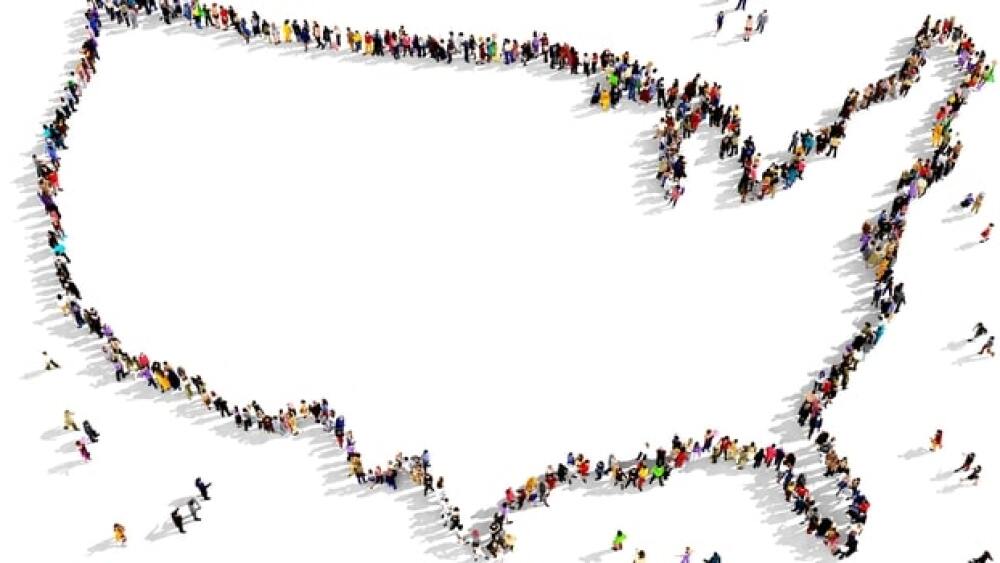Moderna has fully enrolled its late-stage coronavirus disease 2019 (COVID-19) vaccine trial by hitting its target of 30,000 participants. More than one-third of this cohort includes minority participants.
Moderna has fully enrolled its late-stage coronavirus disease 2019 (COVID-19) vaccine trial by hitting its target of 30,000 participants. More than one-third of this cohort includes minority participants.
The enrollment of approximately 37% of minority participants in Moderna’s Phase III COVE trial marks a big step toward mitigating disparity issues faced by many COVID-19 vaccine trials. In early October, it was reported that Moderna’s private contractors were experiencing trouble recruiting enough Black, Latino and Native American participants to its COVID-19 vaccine trial. As a result, the Cambridge, Mass.-based biotech slowed enrollment and told its research centers to focus more on recruiting participants from minority populations.
Boosting the minority population in these trials is crucial, as many of these populations have been the hardest hit by the pandemic. Black patients, for instance, are about three times more likely to be infected with COVID-19 and twice likely to die from the disease compared with White patients in the U.S.
The National Institutes of Health (NIH) partnered with Moderna to develop the COVID-19 vaccine candidate, mRNA-1273, which so far has shown promise against the contagious respiratory disease in interim analyses.
The Phase III COVE trial, designed in collaboration with the NIH and FDA, evaluates the efficacy of the vaccine in Americans with the highest risk of severe COVID-19. Participants include people over the age of 65 as well as individuals under 65 but with high-risk chronic diseases, such as diabetes and severe obesity, that make them more susceptible to poor COVID-19-related outcomes. The randomized, placebo-controlled study uses a 100 µg dose level of mRNA-1273, and prevention of symptomatic COVID-19 comprises the primary endpoint.
Full enrollment for Moderna’s Phase III COVE trial may mean early efficacy data could be available as early as November. If the data are sufficient, the company will decide to apply for regulatory authorization once the company has collected two months’ worth of safety follow-up data for half of the study participants. This milestone is anticipated for some time before Thanksgiving.
Moderna’s chief executive officer, Stephane Bancel, recently said mRNA-1273 could receive emergency approval in December. As the trial continues to accrue the necessary data, Moderna and its manufacturing partners are gearing up its plans to produce 20 million doses of the vaccine by the end of this year. This would equate to two shots for 10 million people. The company added that it will also produce up to 500 million doses in 2021 and will later increase that to a billion doses.
In related news, Moderna has already received written confirmation from the European Medicine Agency that its COVID-19 vaccine candidate is eligible for submission of marketing authorization application in Europe. Eligibility was made based on data from a Phase I interim analysis which show that mRNA-1273 was generally well-tolerated and generated strong and rapid immune responses against severe acute respiratory syndrome coronavirus 2, the virus responsible for COVID-19.
Prior to this European confirmation, Moderna also announced it has started a rolling submission for mRNA-1273 to Health Canada based on the positive Phase I data. The Canadian Government previously increased its order of 20 million doses of the vaccine candidate to up to 56 million doses beginning in 2021.
Also nearing enrollment completion is Pfizer’s COVID-19 vaccine trial, which has so far recruited 39,862 out of its planned 44,0000 participants. A total of 34,601 of these participants have already received their second booster dose in the trial. The company has also received recent approval from the U.S. Food and Drug Administration to enroll children as young as 12, a population currently underrepresented in many COVID-19 vaccine trials.





